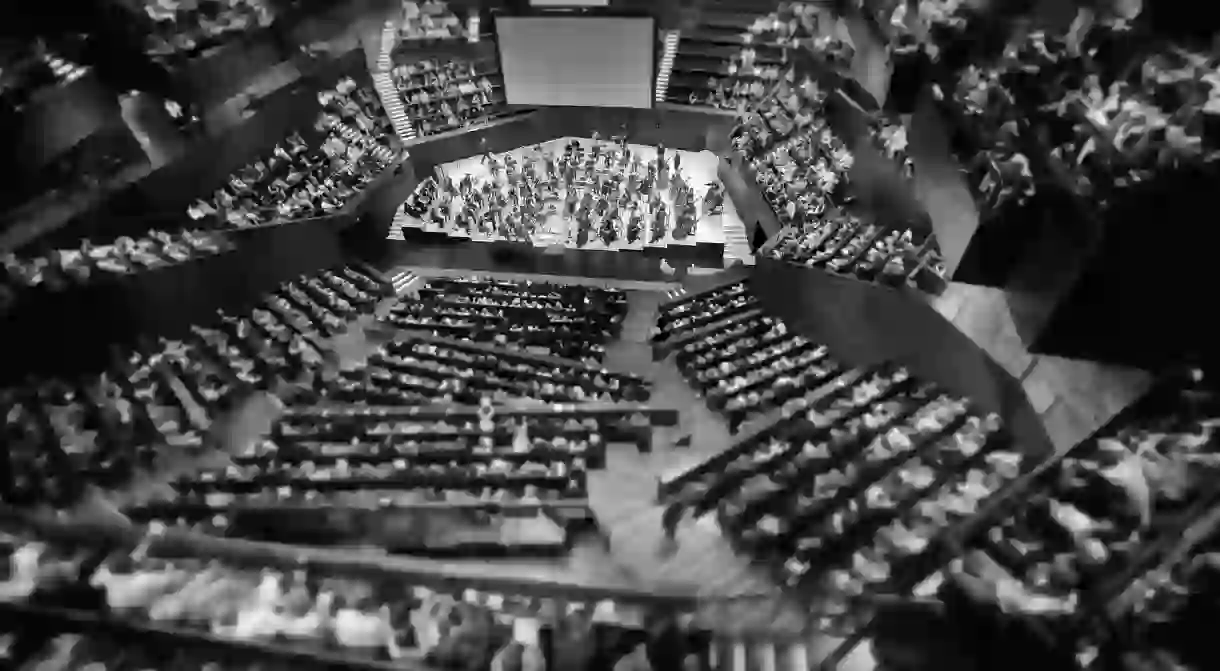Why Wagner's Music Was Banned in Israel

Who was Richard Wagner and why is playing his music so controversial in Israel? To this day, there is ill content in Israel over whether composer Richard Wagner’s music is acceptable to play in live orchestral concerts. Where does this come from and how has the sentiment among Israelis changed over the years? Read on to find out.
Richard Wagner was born in Germany in 1813, and from an early age was ambitious—writing his first drama at the age of 11 and his first musical compositions at the age of 16. Wagner is remembered for his complex operas, but perhaps even more so, his anti-Semitic writings. Posthumously, these writings made him a favorite of Adolf Hitler’s and there is often discussion over Wagner’s writings and their influence on the National Socialist movement and the ideas of Hitler himself. Wagner’s operas themselves were pieces of intricate beauty that often circled around thematic elements having to do with German nationalism and the virtues of the German people.

Operas
Wagner’s most famous operas include Tristan und Isolde (Tristan and Isolde), most acclaimed for its use of chromaticism (using notes foreign to the mode or scale upon which a composition is based), tonality, orchestral vibrancy, and harmonic suspension (in which a harmony shifts from one chord to another). His most memorable work includes his four opera cycle Der Ring des Nibelungen (The Ring of the Nibelung), with its libretto and music written over the course of nearly 26 years.
Writings
Amongst the most controversial of all of Wagner’s writings and indeed the most memorable as well, is his essay Das Judentum in der Musik (Judaism in Music), which includes vitriolic attacks on Jewish composers and the Jew’s ability to degrade the art form itself. The essay specifically attacks composers Giacomo Meyerbeer and Felix Mendelssohn, and simultaneously accuses Jews of being “the evil conscience of our modern civilization.”
His repudiation of positive Jewish influence on the arts was not necessarily unique to the times, as there were other 19th-century figures who too espoused anti-Semitic vitriol. What does make Wagner unique however, may be his work’s promulgation by Hitler himself after the composer’s death.

Wagner and Israel
Opera music and culture is alive and well in Israel, and Israelis and Jews around the world are more than able to appreciate Wagner’s musical genius. That being said, there has long been an Israeli ban on playing Wagner’s works in Israel. One American academic wrote that “The Israeli ban on Wagner is a pre-eminent rite for warding off the dissolution of one of the core experiences of Jewish history and memory” (the Holocaust). To allow Wagner’s music to play throughout Israel would be to forget the memory of the sentiments under which the music was written.
However, there is debate over whether one can indeed separate the man and his writings from his music. As it stands today, the informal ban on playing Wagner’s music live in Israel still stands, although occasionally, his music can be heard on national radio and television. In the coming years, as Holocaust survivors begin to diminish in numbers, it will be interesting to see if this will have any great bearing on whether Wagner’s music will then be more widely accepted in Israel. As generations of Israelis begin to have their more immediate ties and memories of the Holocaust fade away with time, perhaps so will the unwillingness to deal with the memory of a composer who espoused anti-Semitic rhetoric.













